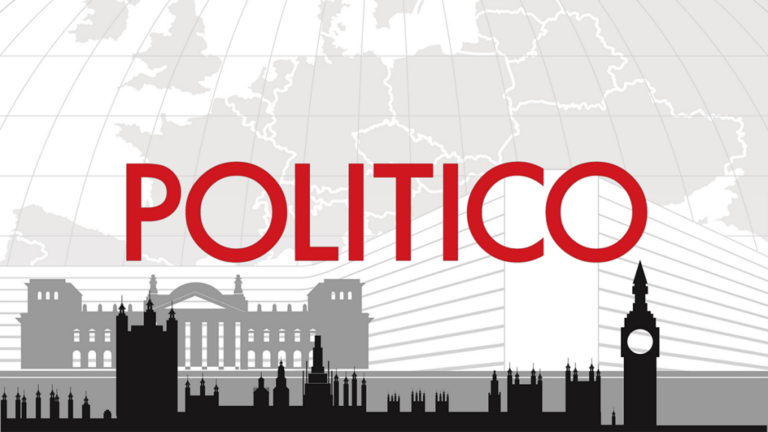 AT&T Inc. is lowering prices on some of its wireless-calling plans for a second time in six months and moving to a model of charging users based on the amount of Internet surfing they do and email traffic they generate on devices like the iPhone.
AT&T Inc. is lowering prices on some of its wireless-calling plans for a second time in six months and moving to a model of charging users based on the amount of Internet surfing they do and email traffic they generate on devices like the iPhone.
The move, while it lowers the cost of entry-level plans, means heavy data consumers will have to pay more for service unless they cut back their usage. It kicks in June 7, when Apple Inc. is expected to announce its latest iPhone.
AT&T’s $30 unlimited-data plan for smartphones will be eliminated for new users. Starting next week, it will be replaced by new plans costing $15 a month for 200 megabytes of data traffic or $25 a month for 2 gigabytes. AT&T says 98% of its customers use less than those amounts. Users who exceed 2 gigabytes of usage will pay $10 a month for each additional gigabyte.
The new plans will lower the cost of an entry-level voice and data plan for smartphones by $15, to $54.99. Existing users will have the option of sticking with their current plans.
The company is also dropping the current, $30 unlimited data option for new buyers of Apple’s wireless-enabled iPad and replacing it with the $25 a month 2-gigabyte plan.
Executives at AT&T and Verizon Wireless, a joint venture of Verizon Communications Inc. and Vodafone Group PLC, have said this year that consumers are going to have to start paying for the amount of data they use as devices become more sophisticated and traffic explodes.
AT&T is currently scrambling to improve its network in New York and San Francisco, two cities where the crush of data use from the iPhone has hurt call quality.
In January, AT&T and Verizon cut the price of their unlimited voice plans by 30% in part to pull more subscribers into data plans.
Growing data revenue at AT&T has offset the erosion of voice plans. The company said the new data plans would only have a minor impact on revenue and said they don’t affect its announced financial projections for the year.
Analyst Philip Cusick at Macquarie Securities said AT&T may see lower growth in data revenue in the short term as a result of the changes, but will gain leverage over the heaviest data users, improving its ability to manage its network and charge for capacity. Tiered plans may also pull more customers into data plans, he said.
Separately, AT&T said it would allow iPhone users to use their devices as modems starting June 7, a practice called tethering.
(Source: Wall Street Journal)










